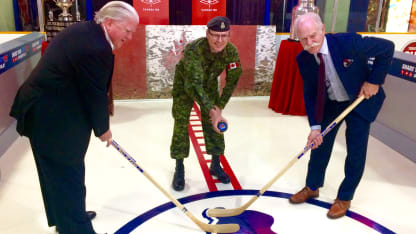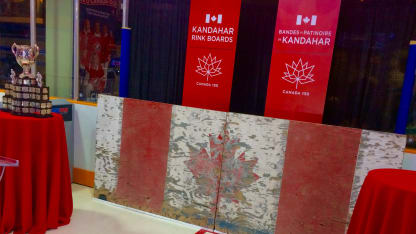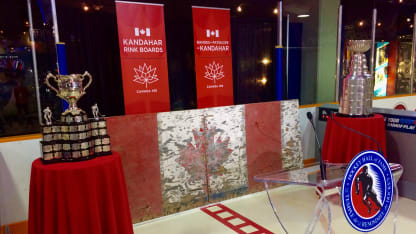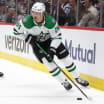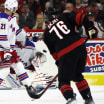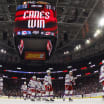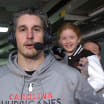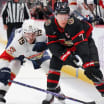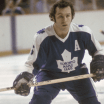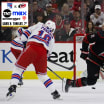In 2011 while serving as president and general manager of the Toronto Maple Leafs, Burke was accompanied by former Maple Leafs defenseman Luke Schenn (now with the Arizona Coyotes) and together, the two delivered equipment provided by all seven NHL teams from Canada. To Burke, it was a small gesture to show the immense gratitude for the service of the military personnel.
"There's been a link between the military and the NHL almost going back to Day 1," Burke said. "This is not something I created or invented but I think it's important to continue [to] educate our young players about how important Canadian Forces are [to] preserving the freedoms that we enjoy. It sounds like a cliché but freedom isn't free, someone's got to fight to preserve it and the Canadian soldiers have done that."
The rink in Kandahar, at the peak of the mission, was home to a highly competitive ball hockey league that featured 24 teams (two from Slovakia, one from the United States and 21 from Canada.) After long days of work in grueling conditions that often touched 123 degrees Fahrenheit, the rink was exactly the outlet that soldiers needed to unwind.
"It did represent a tangible piece of home," Brigadier-General Kevin Cotton said. "It's something people were familiar with and I really think it gave us that sense of feeling that while we're in Afghanistan, we're still Canadian and we're still maintaining our Canadian traditions. It was a great stress reliever for people working very long hours but even when people were tired, they rather would go play ball hockey than sleep because it normalizes their life. In Afghanistan, it was a completely different environment."
